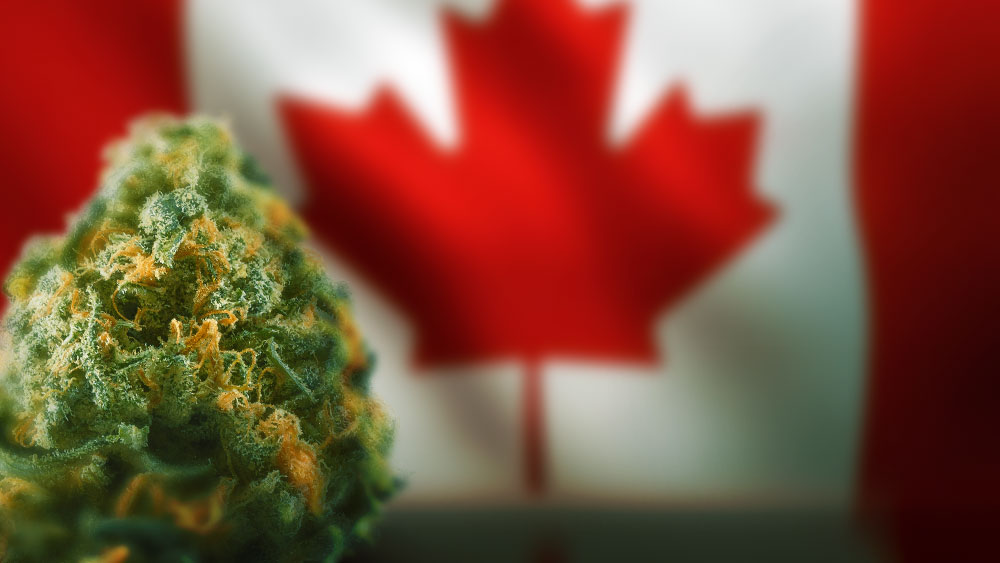One year after Canada became the second country in the world to legalize recreational marijuana, sales of legal cannabis continue to increase, raking in millions of dollars in the first 12 months of legalization.
And as the country is about to experience a second wave of legalization – the so-called Cannabis 2.0, which will see marijuana edibles hit the shelves in Canada in mid-December – hopes are high for the new industry.
However, the first year of legalization was marred by scarce supplies and limited retail stores, as well as high prices that continue to fuel the black market for cannabis.
Black market woes
Limited availability and double the price point on the legal market led to illegal sales in Canada rising to 59% in the second quarter of 2019 (from the 55% recorded in the first quarter), according to Statistics Canada.
A similar trend can be observed in US states that have fully legalized weed, with data indicating the black market for cannabis in California could be up to three times the size of the legal market.
Meanwhile, the legal market in California, valued at around $3 billion which makes it the largest in the world, is about three times the size of Canada’s, where sales are expected to land at $1 billion for the first 12 months of legalization.
In an effort to compete with illicit sales, Hexo Corp. just announced the launch of a new product – Original Stash – that will retail for what the company described as “black market prices.”
“Illegal cannabis websites are well built, allow consumers to purchase online, and products are delivered to their doors. But we know that illegal cannabis products can—and often—contain heavy metals, pesticides, and other contaminants, and that concerns me deeply,” Hexo chief executive Sebastien St-Louis commented on the launch.
Nevertheless, sales are expected to receive a significant boost from the launch of cannabis-infused products or edibles, such as beverages, candy, and baked goods.
A Deloitte report estimates that the edibles market will reach C$2.7 billion annually.
“If Canada chooses to be bold and capitalize on the early advantages it currently enjoys, Canada could seize the opportunity to lead the way,” they say.
Canada’s experiment might impact others
As the first major country to allow recreational marijuana use, all eyes were on Canada to see how legalization would play out.
In the US, recreational weed use is legal in 11 states and the District of Columbia, although the industry is still grappling with the consequences of cannabis remaining illegal at the federal level.
But other countries could be joining in on legalization soon. Mexico and Luxembourg could be next in line as lawmakers are busy drafting legislation to end prohibition.
“The importance of Canada having regulated is that it broke the taboo on an international level in a way that Uruguay did not. For us, what it taught us is there is a path, and that path is possible without there being any apocalyptic sanctions from international bodies,” drug law reforms advocate Zara Snapp, who works in Mexico, told the Associated Press.




